Family Fundamentals schedule: A two-day therapeutic retreat at Cornerstone

The Family Fundamentals schedule is determined in advance by Cornerstone of Recovery’s therapists to give both patients and their loved ones an opportunity to take part in one of the most transformational parts of the patient’s recovery journey. The family packet provided to the immediate relatives of all patients includes information on local hotel options for those who travel out of town, and our staff members will make every effort to accommodate the needs of those who make the journey to East Tennessee to be a part of it. While on campus as a part of Family Fundamentals weekend, parents and loved ones are invited to reach out to the Cornerstone staff, should they be interested in a tour of the facility, and are welcome to meeting with employees of the business office to discuss financial matters.
As residents of the treatment program, patients are not allowed to leave campus with their families during Family Fundamentals weekend, but family members are invited to dine with their patient in the dining hall of the Caldwell Center on the Cornerstone campus. We ask that family members refrain from bringing gifts or packages to their patients, aside from necessities such as extra clothing or toiletries.
Family Fundamentals weekend takes place three times per month, and participation is scheduled through the patient’s individual therapist. Although there’s always the chance that the schedule may change depending on the availability of staff members and/or natural occurrences like inclement weather, the schedule includes:
Family Fundamentals Schedule: Fridays
 8:30-8:50 a.m.: Check in at the Polly Bales Building on the Cornerstone campus, 4726 Airport Highway, Louisville, Tennessee, 37777. “At check-in, we give them everything they need for the weekend, so they don’t need to bring any outside resources unless they want to bring their own notepad or pen or device to take notes,” says Bryce Nolen, the Family Fundamentals coordinator.
8:30-8:50 a.m.: Check in at the Polly Bales Building on the Cornerstone campus, 4726 Airport Highway, Louisville, Tennessee, 37777. “At check-in, we give them everything they need for the weekend, so they don’t need to bring any outside resources unless they want to bring their own notepad or pen or device to take notes,” says Bryce Nolen, the Family Fundamentals coordinator.
9-9:45 a.m.: Lecture — “the disease concept.” A member of Cornerstone’s Psychiatric Services Department discusses the biological changes in the brain that make addiction and alcoholism medically and scientifically recognized illnesses. “The biggest response we get is that so many people think it’s a moral problem — ‘if they would just be better, they would say no,’” Nolen says. “That can cause the patient to start questioning themselves and think, ‘I must not be a good person. Something must be wrong with me.’ You’re right — something is wrong with you. You have a disease, and just like a diabetic can’t eat sugar, you can’t do alcohol or drugs.”
9:45-10:30 a.m.: Spirituality presentation. Spirituality is a big component of the recovery process, but this segment of the weekend breaks down the common misconception that religion and spirituality are the same things. “A lot of people have been hurt by religion, so we want them to see there’s a difference between a spiritual connection that can be life-giving and affirming and encouraging them to grow and be better vs. experiences they may have had in their communities or families,” Nolen says. “Spirituality is the connection we have with something bigger than ourselves; religion is the way we express our connection. They’re not mutually exclusive, but they’re not the same thing.”
10:30-11 a.m.: Continuous care presentation, which walks patients and families through what’s expected when treatment is complete and how the recovery process is ongoing, even outside of rehab.
11:10 a.m. to noon: Processing group one. Patients and family members are divided into separate groups. “It gives the family members some space to ask questions and process what’s been going on with them without worrying about offending or embarrassing their loved ones, and it gives patients space to process any emotions, feelings or memories that may have come up upon seeing their families again,” Nolen says. “This preps patients and families to understand that while treatment and this weekend is not the end-all, be-all, it can be a strong step forward for both.”
 Noon: Lunch
Noon: Lunch
1-2 p.m.: Lecture — “family sculpture.” Assistant Program Director and Cornerstone Interventionist Bill Lee discusses the role each family member plays in the unit’s dynamic, how those roles have seen and unseen effects on each person and how certain crises like addiction can cause individuals to exert pressure on one another. “It really focuses on trying to break those negative family patterns like suppressing emotions and sweeping things under the rug,” Nolen says. “Because we see that as individuals grow older and they have kids, they repeat the same things, and those patterns are passed down from generation to generation, and it continues until someone steps in to break that pattern.”
2:10-3:10 p.m.: Schema presentation. Schema Therapy is one of the primary therapeutic tools in Cornerstone’s treatment programs, and introducing family members to it can be beneficial as well. Schemas (pronounced “SKEE-muhs”) are another name for poor coping mechanisms, or life traps, that can cause negative thinking or actions that lead to family dysfunction. “Recognizing where they come from so we can move past them and grow from them is very informative for the family to realize,” Nolen says.
3:20-5 p.m.: One of the most powerful aspects of the Family Fundamentals schedule is combined group therapy, an end-of-day processing and support group in which patients and their families can begin to ask questions of one another and discuss what the day’s events may have revealed. “They’re encouraged to talk, but even if they don’t, they’re going to take something away from those experiences just by being in a room full of patients and family members who will ask questions that help,” Nolen says.
5 p.m.: Dinner
6-7 p.m. Introduction to Al-Anon. Patients return to their respective programs, and family members take part in an on-campus meeting of Al-Anon Family Groups, a 12 Step program specifically for family members. Representatives from Al-Anon come to campus to facilitate the meeting and introduce families to available resources.
Day Two: Saturdays
 8:30-8:50 a.m.: The second day of the Family Fundamentals schedule begins with check-in at the Polly Bales Building.
8:30-8:50 a.m.: The second day of the Family Fundamentals schedule begins with check-in at the Polly Bales Building.
9-10 a.m.: Lecture — “enabling codependency.” “This lecture has been huge in helping family members see what roles they’ve played in the past, good and bad, in their patients’ use, and moving forward how they’ll better be able to support without enabling,” Nolen says. “And at the same time, it helps patients realize they may be codependent in ways that their family members may not be aware of what’s going on.”
10:10-11 a.m.: Speaker meeting. A member of the local recovery community with several years of sobriety shares his or her story of recovery “to help the patients see another example of how recovery is possible, but also to show family members an example of someone who has been through the program — and maybe even Family Fundamentals — and come out the other side,” Nolen says.
11:10 a.m. to noon: Processing group two, in which patients and family members again meet separately.
Noon: Lunch
1-1:25 p.m. Art therapy. A Cornerstone therapist guides participants through an expression of what addiction was like and what their hopes for recovery may be. “The objective of this is to explore our personal experiences, both with ourselves and our loved ones, of what it was like and what we hope can be different so that the family can see it from the addict’s perspective, and vice-versa,” Nolen says.
1:35-2:35 p.m.: Combined group therapy, in which individuals present their creations to one another and the group.
2:45-3:45 p.m.: Combined group therapy, a final processing group “to tackle any questions that the family might have or address any subjects that didn’t come up or that they want to process, while they have other family members and patients around to support them,” Nolen says.
4-5 p.m.: A Wrap-up group concludes the Family Fundamentals schedule and provides a final check-in of the weekend’s events, as well as a way to send off family members “with more tools, more resources and a positive outlook on recovery,” Nolen says.





